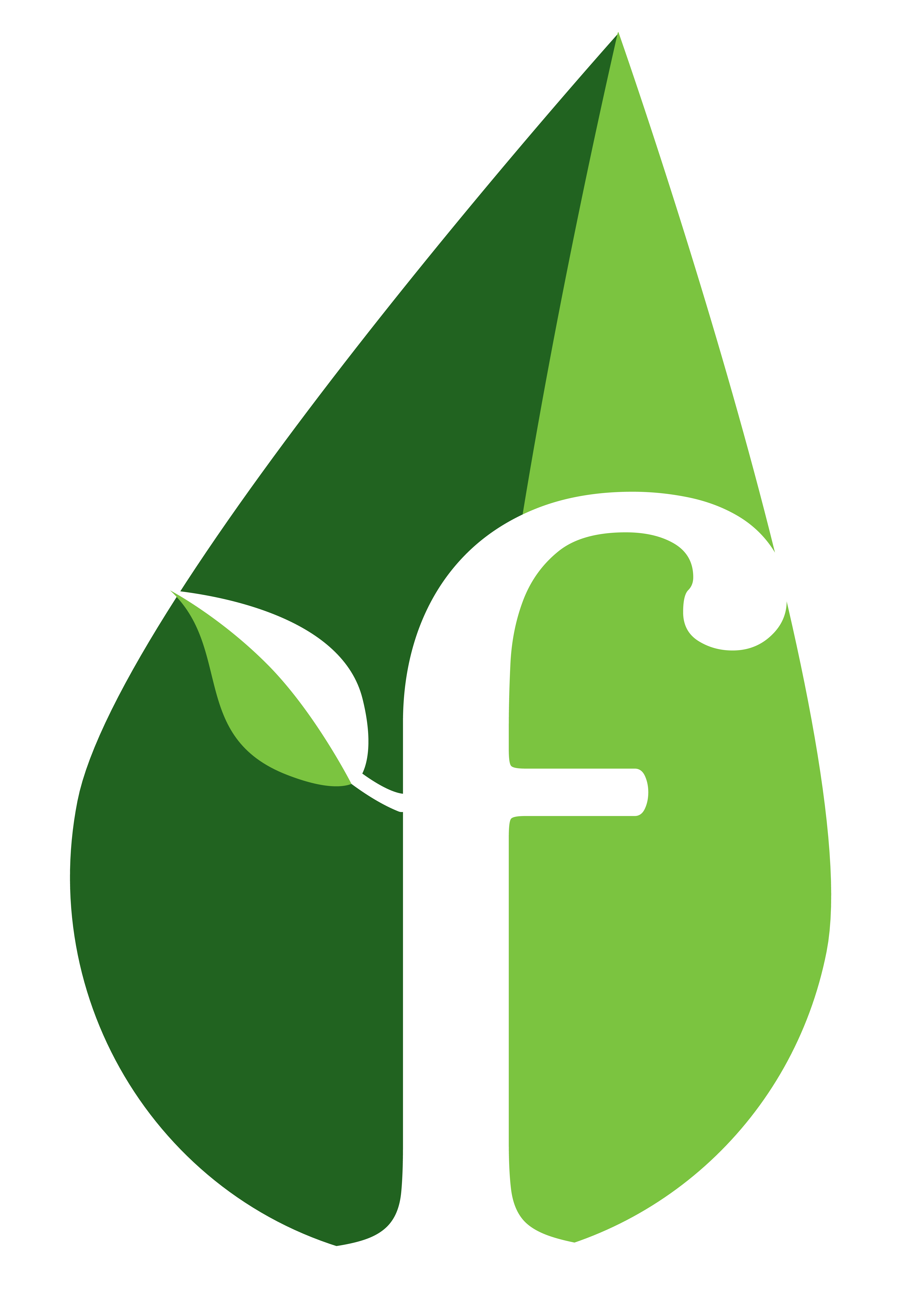
Everyone knows the saying, “hindsight is 20/20”, but too often in life do we fail to appreciate the meaning of the phrase. And in the world of entrepreneurship, sometimes second chances are hard to come by. That’s why as a founder, it’s important to learn as much as you can before launching a company to avoid paying for your lack of preparation.
In this guest post, Helen Levy Myers lists out the three essential lessons she learned while launching her company, Athena's Workshop, a text message management system that allows teachers to send text messages to groups of students and parents with homework alerts. Helen and Athena's Workshop are Graduates of the Washington, D.C. Founder Institute.
I graduated from the Founder Institute program in February 2012. Since then, we have built Athena’s Workshop which safeguards the privacy of educators and students when texting. We protect teachers, parents, students, and coaches so they can text without revealing their cell phone number. A permanent message log means deleted messages can still be reviewed months or years later. Moreover, we enhance communications after school through direct two-way texting, collaborative group texting and Spanish-English translation.
When I graduated, all this was just a glimmer in my eye. Very little was built, and we had not a single user. Now we have a handful of small customers and are thinking about ways to get into bigger, more lucrative clients. Here are three lessons I learned along the way.
- Read The Lean Start-Up by Eric Ries then follow the advice. He makes a strong case for building a Minimal Viable Product (MVP), a bare-bones something then constantly improving it based on feedback and metrics from clients and users, which are often not the same. Be sure to have some metrics of users that are useful to you and your clients. Having 10 or fewer metrics means you can keep track of them in your head. Without metrics, you will never know if you are making progress or just wasting time. Trust me, when someone asks, how is it going, and you answer, “this month we had our largest xyz metric,” it feels really good. Even if your number is a very small fraction of the competition’s.
- Join Toastmasters. When I was going through the FI program, we practiced our pitch almost every week, but most likely that will not be enough. These days starting a business also means going to pitch events, demoing your software at Meetups, speaking at conferences. You will have to be confident and comfortable speaking in front groups that are much larger than your FI class. The best way to get better at almost anything is the same way you get to Carnegie Hall, practice, practice, practice. Toastmasters will be a place where you can practice your VC pitch, demo, slide deck and get feedback before the big day.
- 3. Crowdsource your pivot. I am sure your idea is brilliant, but there will be a time when you need to make a change, a new market, different marketing, or another distribution network. If you need lots of customers to be successful, you will need to address lots of the different needs. Before you decide on the change, talk to everyone you can to get the best ideas. If a friend in a different field wants to have coffee with you, do it. They see the world slightly or significantly different than you and that different angle is important. Lots of feedback will help you discover those needs.
For more information on Athena's Workshop, visit their official website.



